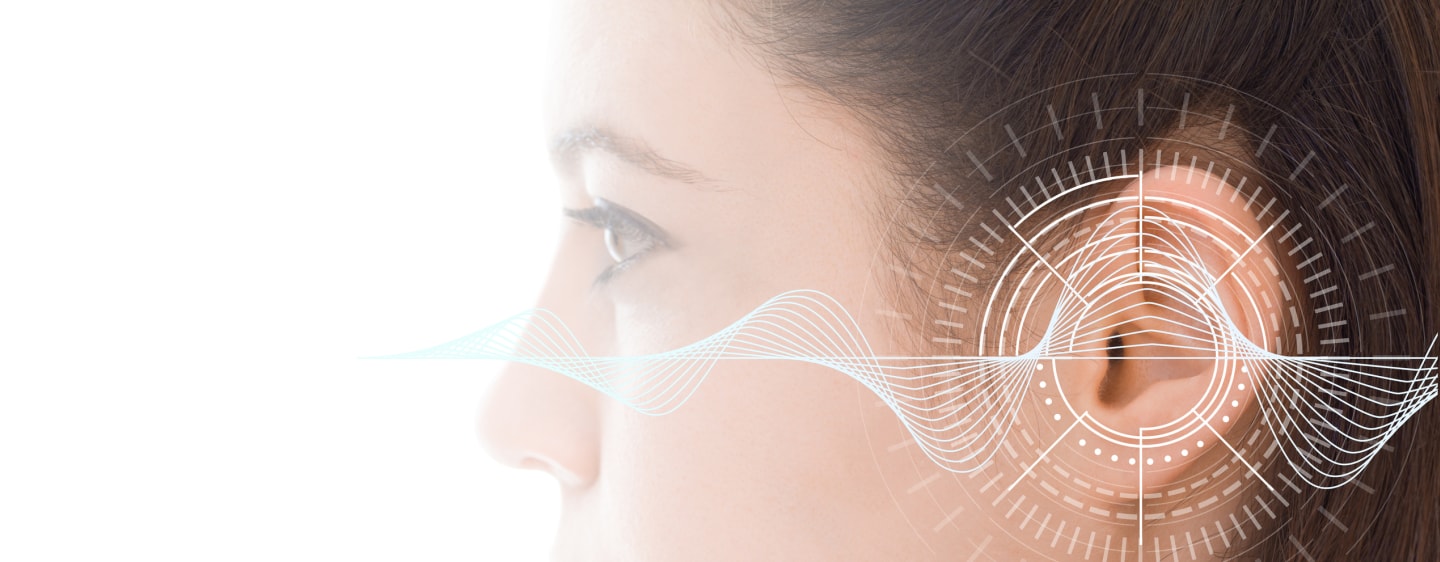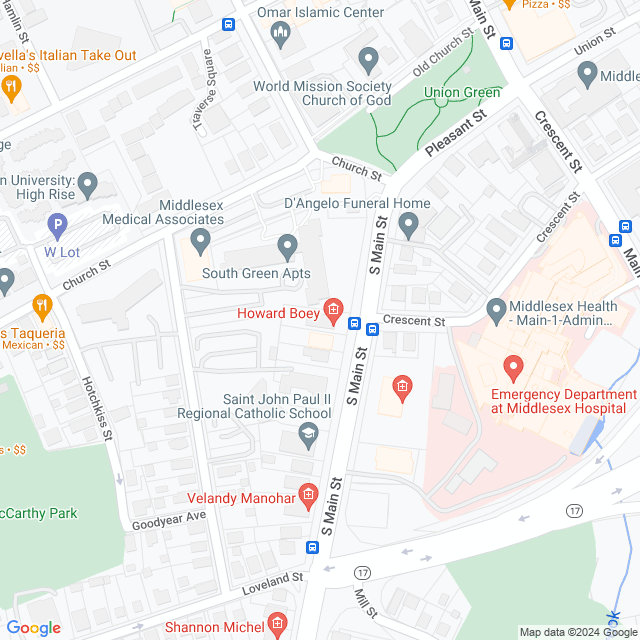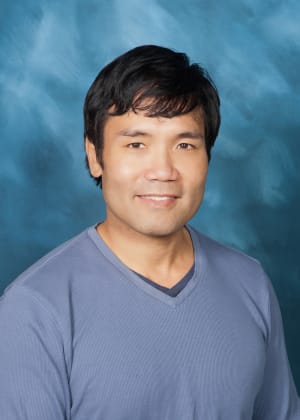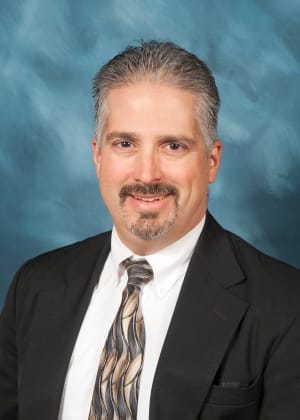
Ear, Nose, and Throat

Or, if you're not sure what you're looking for, you can:
Browse Specialists
Browse Primary Care
Or, if you're not sure what you're looking for, you can:
Browse All Conditions & Care Services


Our board-certified Ear, Nose, and Throat physicians (otolaryngologists) provide surgical and non-surgical solutions for infants, children, and adults. The conditions treated can include hearing loss, dizziness, nasal and sinus disease, taste and smell disorders, voice and swallowing disorders, tonsil and adenoid disorders, snoring and sleep apnea, thyroid and parathyroid disease, and head and neck cancers.
Sleep apnea is a serious, potentially life-threatening condition that is far more common than generally understood. Cardinal symptoms are loud snoring, breathing pauses during sleep, and daytime sleepiness.
At Middlesex Health, our ENT surgeons partner with doctors from Middlesex Health Sleep Medicine to provide a variety of treatment options for sleep apnea.
We were the first in Connecticut to offer several cutting-edge programs, including:
The millions of Americans who suffer from moderate to severe sleep apnea now have an alternative to CPAP treatment with the Inspire Procedure.
Upper airway stimulation, also known as hypoglossal nerve stimulation, is an entirely different way to treat sleep apnea.
During the surgery, a small implantable pacemaker-like device is inserted into the body, which helps stabilize the throat while sleeping by gently stimulating throat muscles and allowing the airway to remain open.
This surgery has a high success rate, a fast recovery timeline, and minimal complications, making it an excellent choice for many patients.
Inspire Therapy is not for everyone, and patients will have to meet several characteristics:
This is an outpatient surgical procedure. You will receive general anesthesia so that you do not feel pain or remember the surgery.
Two small incisions are made:
Once the device is implanted and connected to the stimulation wire, the incisions are closed. Patients are able to go home the same day. Most patients experience only minor pain or discomfort following the procedure.
The battery lasts for about 11 years. When it needs to be replaced, you will need a minor surgical procedure to change the battery.
The device does not affect most normal activities, including swimming and other water activities. Limitations are similar to those for patients with a pacemaker device. You can go through metal detectors at the airport but should alert TSA agents about your device.
Any surgical procedure has a risk of bleeding or infection. Your surgeon will discuss all possible risks with you before your procedure.
Patients that undergo this procedure complete the following steps:
Like other da Vinci® Robot-Assisted surgeries, the TORS procedure has numerous benefits. For most patients, the procedure eliminates the need for standard sleep apnea treatments, such as a mouthpiece or breathing device. Other benefits include:
TransOral Robotic Surgery is designed for patients with obstructive sleep apnea. Your doctor will discuss all of your options with you and help you determine the best course of treatment.
To learn more or request a consultation, please click the "Request an Appointment" link at left.
Balance disorders impact a multitude of people each year and they can be quite debilitating. Here are some of the balance disorders that we treat:
Head and neck cancers include cancers of the larynx, oral cavity, paranasal sinuses and nasal cavities, pharynx, and the salivary glands. Our ENT physicians are experts in diagnosing these types of cancers and in treating them surgically.
The Middlesex Health Cancer Center offers additional treatment options and supportive services like nurse navigation, integrative medicine, and distress management services.
We work with a number of different hearing disorders ranging from changes in hearing to loss of hearing. We have hearing testing equipment in our office and testing can often be done the same day as your appointment. If you are a candidate for hearing aids, we are able to provide you with equipment and help make sure it is a good fit. Here are some of the hearing disorders we manage:
Our ENT physicians are well-versed in caring for infants and children. Some of the most common reasons a child might need to see an ENT are:
We manage many different disorders of the sinus passages. Here are some of the most common diseases we treat:
We specialize in the surgical and non-surgical management of thyroid and parathyroid disorders including thyroid nodules and tumors, goiter, and hyperparathyroidism.
These surgeries can involve the full or partial removal of your thyroid (thyroidectomy vs. thyroid lobectomy).
You may have a voice disorder if you have a problem with pitch, volume, tone, and other qualities of your voice. These problems occur when your vocal cords don't vibrate normally. Here are some of the voice disorders that we treat:
1 Specialty Care Location





